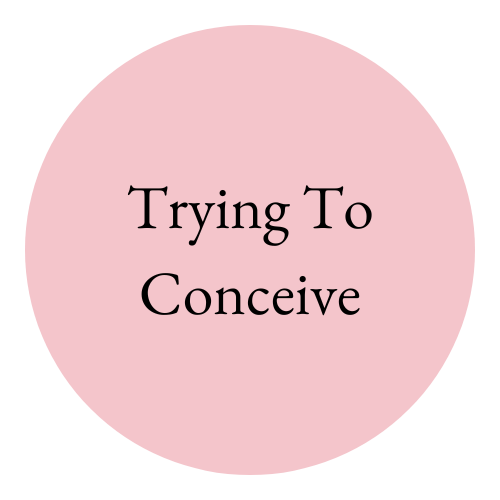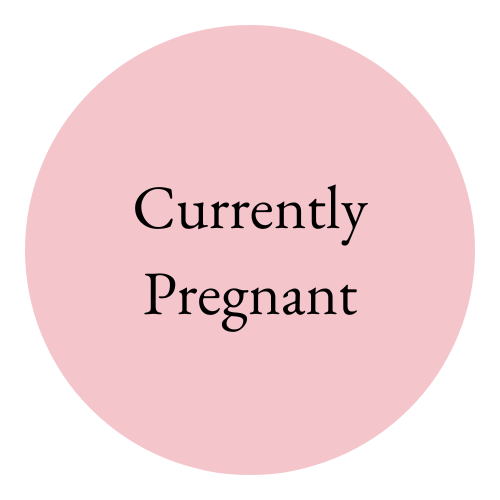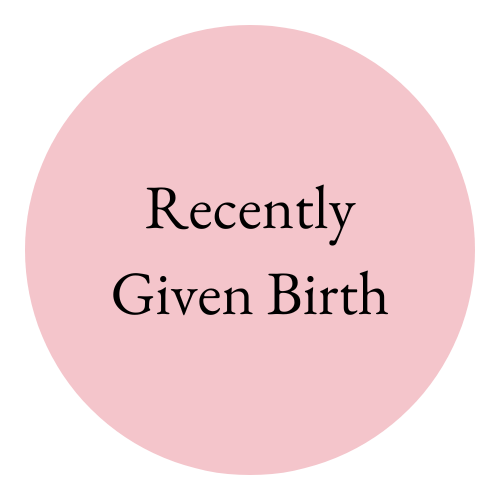No matter how much you prepare, motherhood is never the journey you expect.
Whether you are…
• Thinking of getting pregnant
• Trying to get pregnant
• Already pregnant
Or you have given birth recently… Or you have lost a child…
Feelings of anxiety, sadness, grief and guilt are a lot more common than you might think.
I want you to know that you are not alone.
Is Psychotherapy & Counselling Right For Me?
Trying To Conceive
If you are longing for a child and have been watching all of your friends get pregnant and give birth, but you have been having difficulty getting pregnant, you might feel as though your body is failing you.
You want to be happy for your friends, but it’s hard to watch them experience such joy and excitement. You are scared that it will never be your turn and your worry is starting to turn to pain and despair.
Currently Pregnant
If you are currently pregnant, you might be feeling a lot of anxiety. Especially, if you had a difficult time conceiving or have had a miscarriage, you might be bombarded with worry about your baby.
If you previously had an abortion, unexpected thoughts and feelings might be arising now. Even if you got pregnant easily, you might still be worrying about whether the baby is healthy and feel scared that you might not be able to carry to term.
Common worries of pregnant women are:
- Will my baby be healthy?
- Will I be a good mother?
- How will I navigate maternity leave?
- How will I manage financially?
- How will I maintain my personal life and friendships?
- How will having a baby impact my relationship with my partner?
You might feel jealousy or resentment towards your partner who doesn’t have to give up their job or their social life. Even though you might have longed to have a baby, it is normal to have conflicting thoughts and feelings about whether you are ready, whether you have the right support, and whether you’ll know what to do.
Recently Given Birth
Once you’ve had your baby, you might be feeling guilty that you aren’t feeling the way you thought you would (or should). Your friends and family might be telling you that you have every reason to be happy and grateful, while you feel overwhelmed, sad or alone.
Once you have given birth, common challenges include difficulty breastfeeding. You might have wanted to breastfeed your baby but are unable to … or it isn’t the positive, joyful and connecting experience you hoped it would be. Or, you have chosen not to breastfeed or want to stop due to discomfort … but feel pressured, guilty, or shamed by your partner, family, friends, health care team, or societal expectations.
Even though you might be surrounded by people who care about you, you feel invisible because everything has become about your baby. You have a hard time asking for help and it feels selfish to ask someone else to take care of the baby for a few hours so you can have a shower or enjoy a cup of tea.
You don’t feel understood or supported either physically or emotionally by your partner in the way you’d like to be. You have been taught that in order to be a good mother, you have to put your baby’s needs first, at the expense of your own. But this kind of thinking has left you feeling helpless, hopeless and alone.
Have Lost A Child
Unthinkable happened. It’s impossible to describe the pain and grief associated with the loss of a child. You may be feeling devastated, empty, angry, guilty, numb, lost, heartbroken … or any combination of the above.
However the loss happened, you will be experiencing a considerable range of painful and difficult emotions.
You need the right support … and time and space to grieve.
Here’s What You Need To Know (click here) …
Here’s What You Need To Know …
Before, during, and after pregnancy, you might be experiencing:
Excessive worry
Intrusive thoughts
Stress & anxiety
Grief
“Baby blues”
Fatigue / Loss of sleep
Feelings of guilt, shame & inadequacy
Feelings of sadness or irritability
Increase or loss of appetite
Loss of sense of self
Lack of social support / feelings of isolation
Decrease in feelings of pleasure & enjoyment
Difficulty coping
When you reach out to me to book an appointment, you can expect a safe environment to talk about your fears, worries and whatever else you may be experiencing. You can expect to feel acknowledged and understood.
By sharing your thoughts and feelings in a safe environment, we can begin to bring awareness to what you are going through. You will begin to understand how common your experience is, and why you are experiencing these feelings.
The messaging that mothers-to-be and new mothers receive about what it takes to be a “perfect mother” (this is the happiest time of your life), and how joyful a new mother should feel, is sometimes unrealistic and harmful.
On the contrary, the deafening silence after the loss of a child leaves you in despair and feeling abandoned.
The Truth Is …
Motherhood Is Messy
It is normal to have conflicting emotions of happiness, sadness, frustration, joy and overwhelm.
Motherhood Is Confusing
Becoming a new mother can be one of the most destabilizing times in your life. You are simultaneously asked to give up parts of your identity, like your career and your social life, while taking on a new role of being someone’s mother and what it means to care for such a new being who is completely dependent on you.
Motherhood Can Be Overwhelming
You might be experiencing new conflict and challenges in your relationships, with your partner, parents, in-laws, siblings and friends. Everyone has an opinion and it can be hard to distinguish what’s right from what you feel is right for you and your baby, as well as navigate all of the expectations that are being placed on you.
What You Can Expect From Pregnancy & Postpartum Psychotherapy & Counselling
One of the things you will learn through our work together, is that one of the best ways you can care for your baby is by caring for yourself.
We will begin to undo some of the false beliefs and conditioning you learned about being a “perfect mother” and to start to explore the kind of mother you want to be. You will learn how to bring balance to both motherhood and self care, as well as the other relationships in your life, and your career (if that is something you’re struggling with).
You will:
• Feel less worry and anxiety
• Feel less guilt and shame
• Learn to let go of the idea of “selfishness”
• Let go of the need to be “perfect”
• Experience self-acceptance
• Grow more confident in your own abilities and instincts
• Be present in your life and with your baby
• Experience the kind of joy with your new baby that you had hoped to
• Improve your relationship with your partner (if you have one) as you learn to ask for (and accept) more help and support
I’m looking forward to meeting you and supporting you in your journey. Please, use the contact form below to reach out, or email me at lana.mamisashvili@alumni.utoronto.ca





